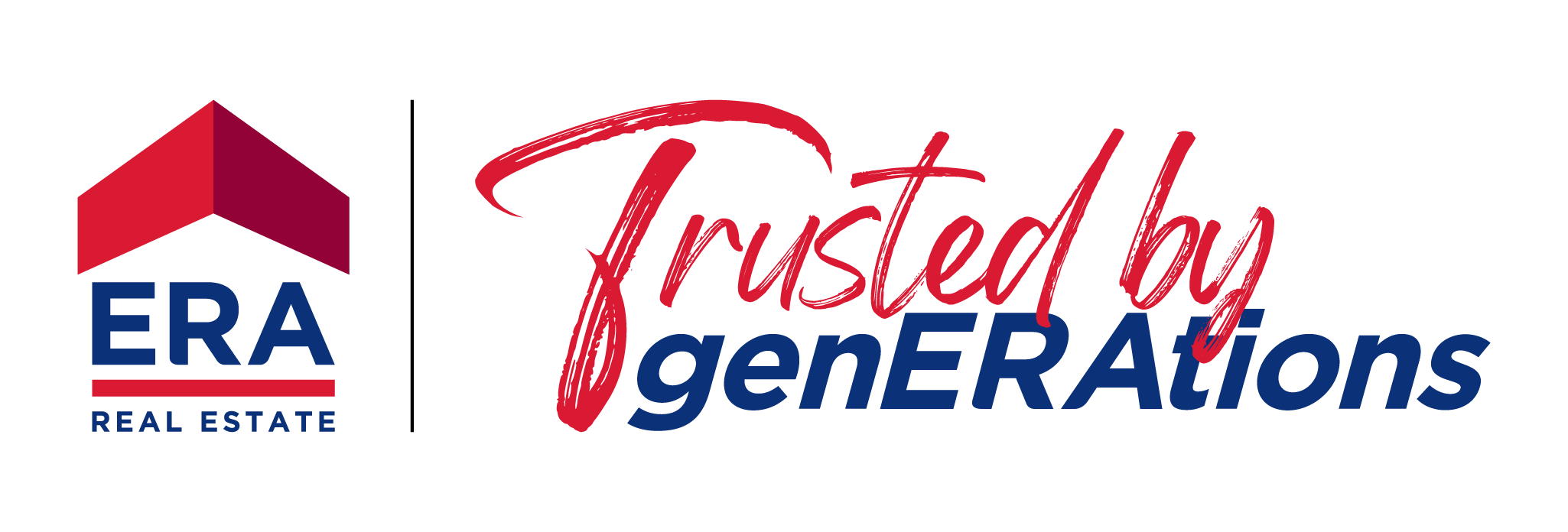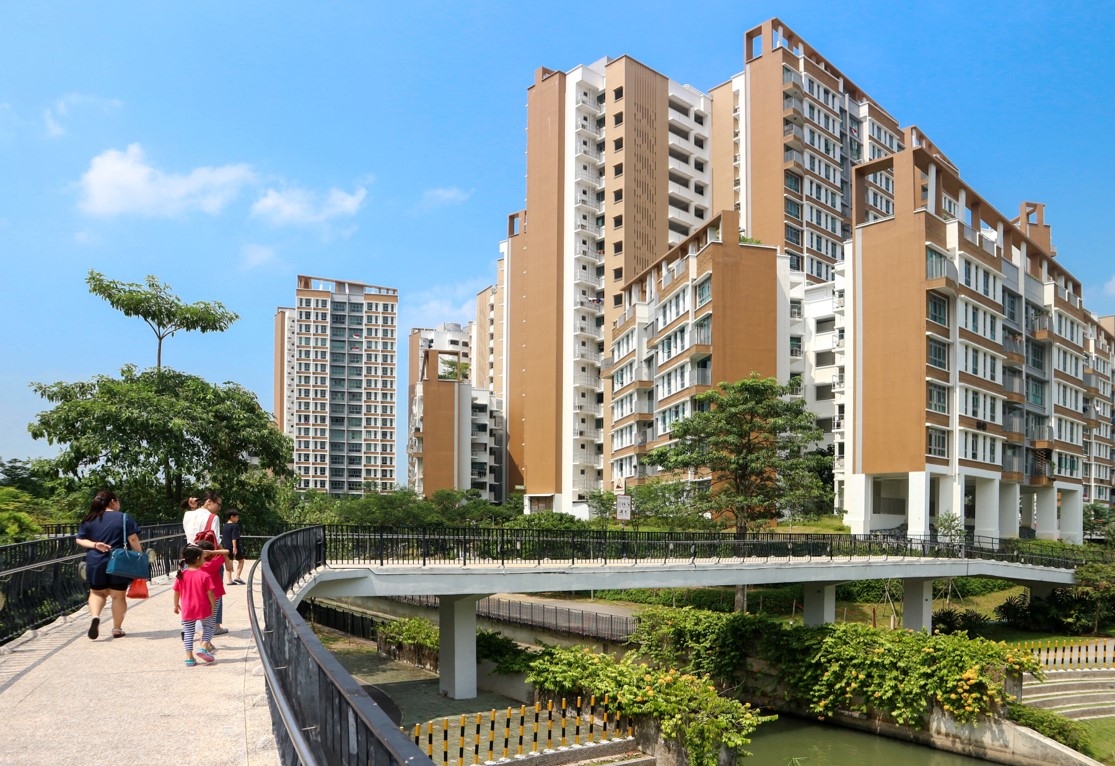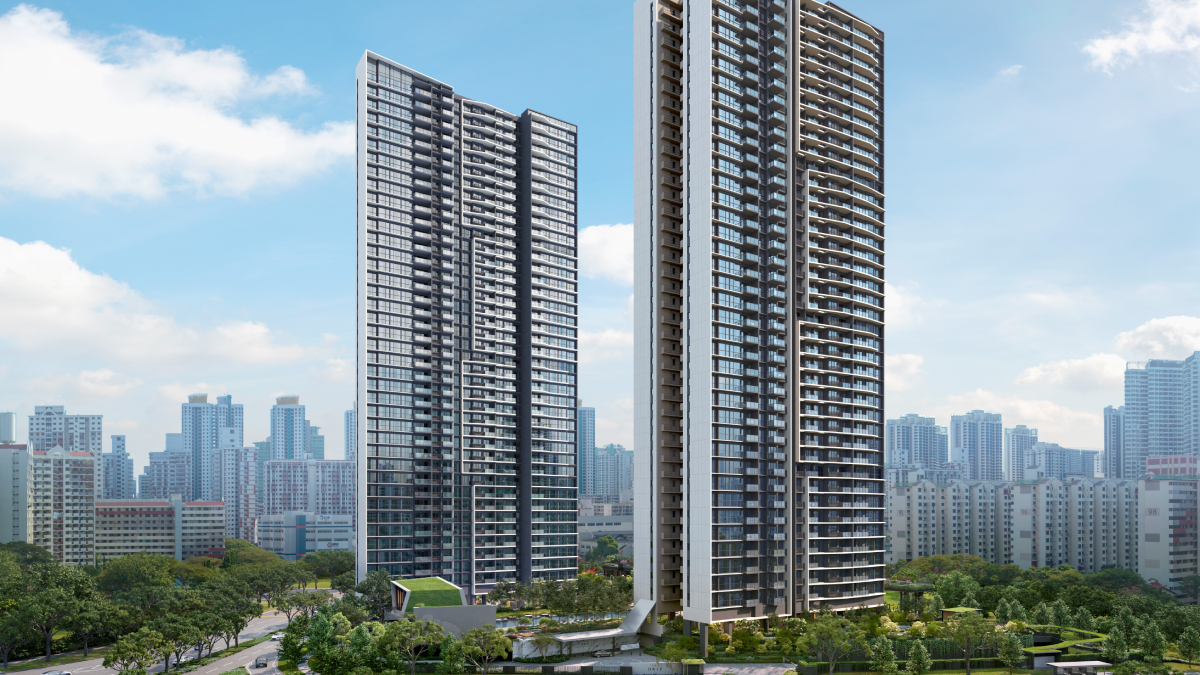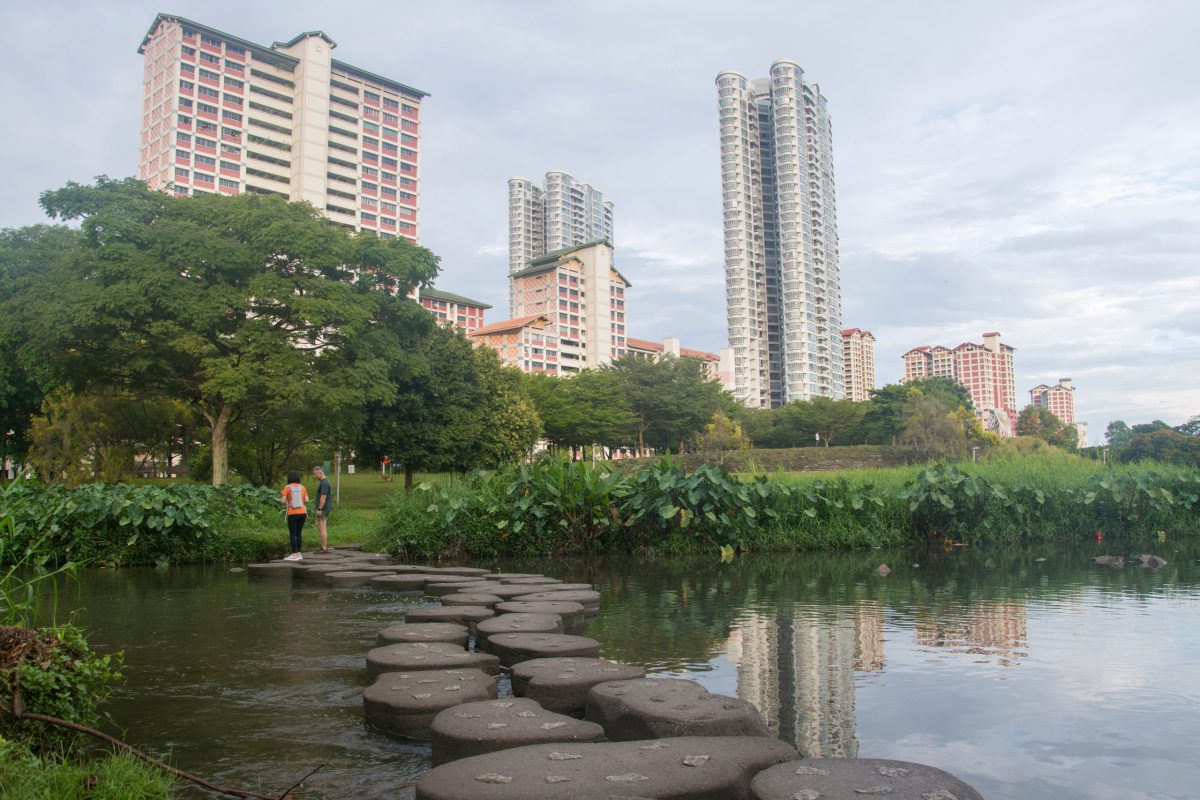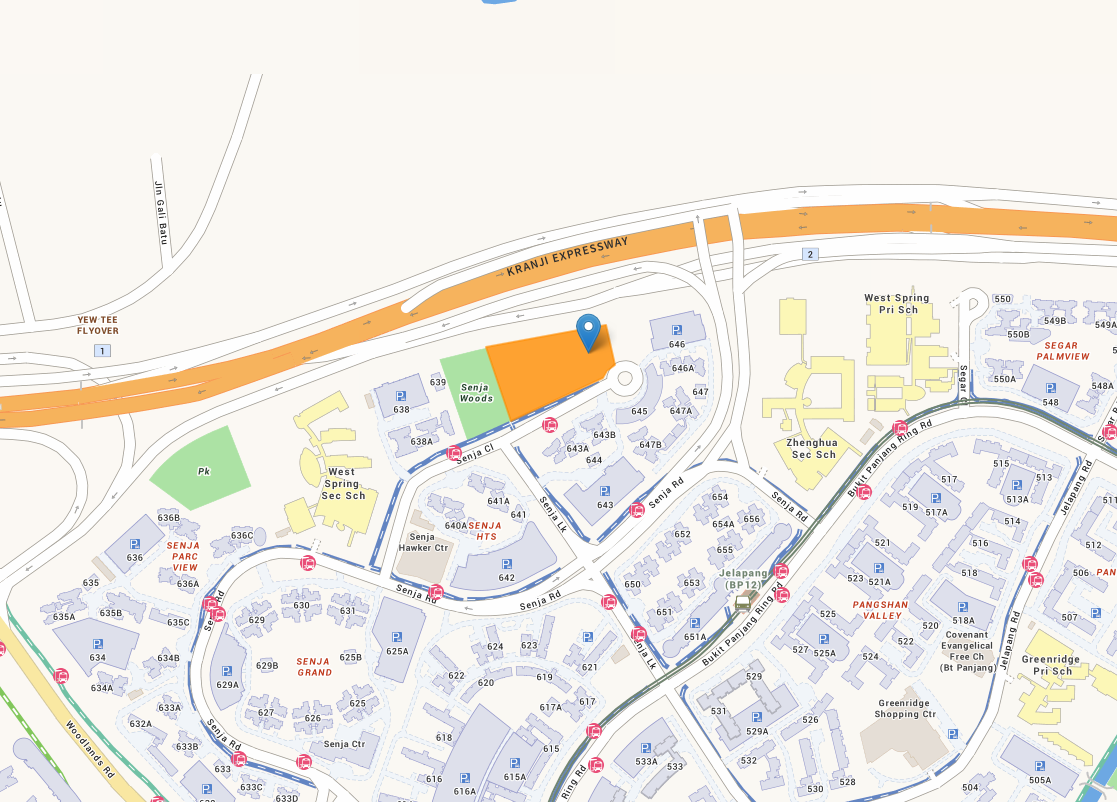Budget 2024: What to Expect for the Singapore Residential Market?
- By Wong Shanting
- 4 mins read
- Property News
- 16 Feb 2024
Budget 2024 announced four changes that will affect home owners and the Singapore residential market. Here is what you need to know.
1. Enhanced Annual Value Band for Owner-Occupier Residential Properties to offer Property Tax Relief in 2025
Owner-occupier residential property will pay lower property tax from 2025 with as Annual Value (AV) bands adjust higher. The earlier tax had meant to be a wealth tax. But with the AV rising due to higher rents, the majority of owner-occupier residential properties were impacted by a significant jump in their property tax. This move will be a relief for the majority of homeowners.
Table 1: Changes To Property Tax
|
Marginal PT rate
|
Portion of AV (S$) |
Portion of AV (S$) |
|
2024 |
From 1 Jan 2025 |
|
|
0% |
$0 – $8,000 |
$0 – $12,000 |
|
4% |
>$8,000 – $30,000 |
>$12,000 – $40,000 |
|
6% |
>$30,000 – $40,000 |
>$40,000 – $50,000 |
|
10% |
>$40,000 – $55,000 |
>$50,000 – $75,000 |
|
14% |
>$55,000 – $70,000 |
>$75,000 – $85,000 |
|
20% |
>$70,000 – $85,000 |
>$85,000 – $100,000 |
|
26% |
>$85,000 – $100,000 |
>$100,000 – $140,000 |
|
32% |
>$100,000 |
>$140,000 |
Source: MOF, ERA Research and Market Intelligence
For example, an OCR 3 bedroom with an AV of $40,000 can enjoy a tax saving of $360 in 2025. While a semi-detach with an AV of $85,000 can enjoy a tax savings of $2,460.

Table 2: Property tax relief for owner-occupier residential properties from 2025
|
Annual Value |
Property Tax |
Property tax decrease |
|
|
2024 |
2025 |
||
|
$12,000 |
$160 |
$0 |
$160 |
|
$20,000 |
$480 |
$320 |
$160 |
|
$30,000 |
$880 |
$720 |
$160 |
|
$40,000 |
$1,480 |
$1,120 |
$360 |
|
$55,000 |
$2,980 |
$2,220 |
$760 |
|
$70,000 |
$5,080 |
$3,720 |
$1,360 |
|
$85,000 |
$8,080 |
$5,620 |
$2,460 |
|
$100,000 |
$11,980 |
$8,620 |
$3,360 |
|
$140,000 |
$24,780 |
$19,020 |
$5,760 |
Source: ERA Research and Market Intelligence
In addition, retirees living in properties with high AV but face cash flow issues paying their property taxes can opt for a 24-month instalment plan with no interest over the regular 12-month. This will make monthly payments more affordable for them. They must be aged 65 and above, living in the property they own and have an assessable income of $34,000 or less.
2. Single Seniors concession on ABSD
Single Senior Singapore citizens aged 55 and above to get the additional buyer’s stamp duty (ABSD) refund to help them in “right sizing” their property. To qualify, these buyers will need to sell their only residential property within six months of purchasing a replacement lower-value private property.

The ABSD concession extended to single senior Singaporeans is timely, providing this group of Singaporeans another option to right size their properties, helping them to unlock some monies from their existing property that could support their retirement. The punitive 20% ABSD have previously deterred this group to look into the private property segment, restricting them to only HDB resale flats; but they will now have another housing alternative.
However, for those who are unable to foot the 20% ABSD first will still have to sell their existing property before buying. For a $1.2 million property, the ABSD is $240,000 and this is payable within 14 days of exercising the Option to Purchase the private property.
3. Lower ABSD clawback rate for developers of housing developments that sell >90% within 5 years
Housing developers will have more flexibility with the ABSD clawback if they sell at least 90% of their units. Developers will pay the full 25% or 35% (depending on when the site is purchased) as long as there are unsold units. ABSD remission clawback is subject to 5% interest per annum.
From 16 February 2024 onwards, the clawback rate will be reduced if they sell at least 90% of units in the development within the five-year timeline. This provides them with more flexibility, while ensuring that supply of new homes are released in a timely manner.
The recent GLS biddings drew more muted responses as developers are cautious amid the elevated interest rate environment and slower new home sales rates. By lowering the ABSD clawback based on the proportion of units sold, this will give developers some respite and confidence to bid for upcoming GLS sites, allowing them more time to sell their balance units. Some of the larger units due to their higher price quantum typically take longer to sell.
To put things into perspective, the 1% unsold units equates to 7 units in a 700-unit housing development. Under this revised ABSD remission clawback, a $1 billion site which have 1% unsold units can save up to $100 mil, which is pretty substantial.
Table 3: Revised ABSD remission clawback for residential projects
| Proportion of units sold |
Projects with residential land acquired between 6 Jul 2018 and 15 Dec 2021, subject to 30% ABSD with upfront 25% remission |
Projects with residential land acquired on or after 16 Dec 2021, subject to 40% ABSD with upfront 35% remission |
||
|
ABSD Remission clawback applicable before 16 Feb 2023 (%) |
ABSD Remission clawback applicable after 16 Feb 2023 (%) |
ABSD Remission clawback applicable before 16 Feb 2023 (%) |
ABSD Remission clawback applicable after 16 Feb 2023 (%) |
|
|
100% |
0% |
0% |
0% |
0% |
|
99% |
25% |
15% |
35% |
25% |
|
98% |
25% |
16% |
35% |
26% |
|
97% |
25% |
17% |
35% |
27% |
|
96% |
25% |
18% |
35% |
28% |
|
95% |
25% |
19% |
35% |
29% |
|
94% |
25% |
20% |
35% |
30% |
|
93% |
25% |
21% |
35% |
31% |
|
92% |
25% |
22% |
35% |
32% |
|
91% |
25% |
23% |
35% |
33% |
|
90% |
25% |
24% |
35% |
34% |
|
<90% |
25% |
25% |
35% |
35% |
Source: MOF, MND, ERA Research and Market Intelligence
Table 3: ABSD clawback for a $1 billion site purchased in January 2024
|
Before 16 Feb 2024 |
After 16 Feb 2024 |
|||
|
Proportion of units sold (%) |
ABSD remission clawback rate |
ABSD clawback amount |
ABSD remission clawback rate |
ABSD clawback amount |
|
88% |
35% |
$ 350 mil |
35% |
$350 mil |
|
90% |
34% |
$340 mil |
||
|
95% |
29% |
$290 mil |
||
|
99% |
25% |
$250 mil |
||
Source: ERA Research and Market Intelligence
4. Eligible families waiting for BTO can soon get voucher to rent flat in open market.
To help young couples who are ready to settle down, the Government will provide a voucher under the Parenthood Provisional Housing Scheme (PPHS) so that eligible families waiting for their Build-To-Order (BTO) units can rent a Housing Board flat on the open market. The voucher will be available for a year.

The PPHS provides interim rental housing to families with a monthly household income of $7,000 or below, and have an uncompleted flat from HDB’s sales exercises.
There are no details yet on the amount of the voucher and the mechanics of the scheme.
In summary
Overall, the budget changes are relatively minor and focus on fine-tuning existing policies rather than introducing any major overhauls. We believe, these adjustments are designed to enhance the effectiveness of current measures and address emerging issues.
Disclaimer
This information is provided solely on a goodwill basis and does not relieve parties of their responsibility to verify the information from the relevant sources and/or seek appropriate advice from relevant professionals such as valuers, financial advisers, bankers and lawyers. For avoidance of doubt, ERA Realty Network and its salesperson accepts no responsibility for the accuracy, reliability and/or completeness of the information provided. Copyright in this publication is owned by ERA and this publication may not be reproduced or transmitted in any form or by any means, in whole or in part, without prior written approval.
